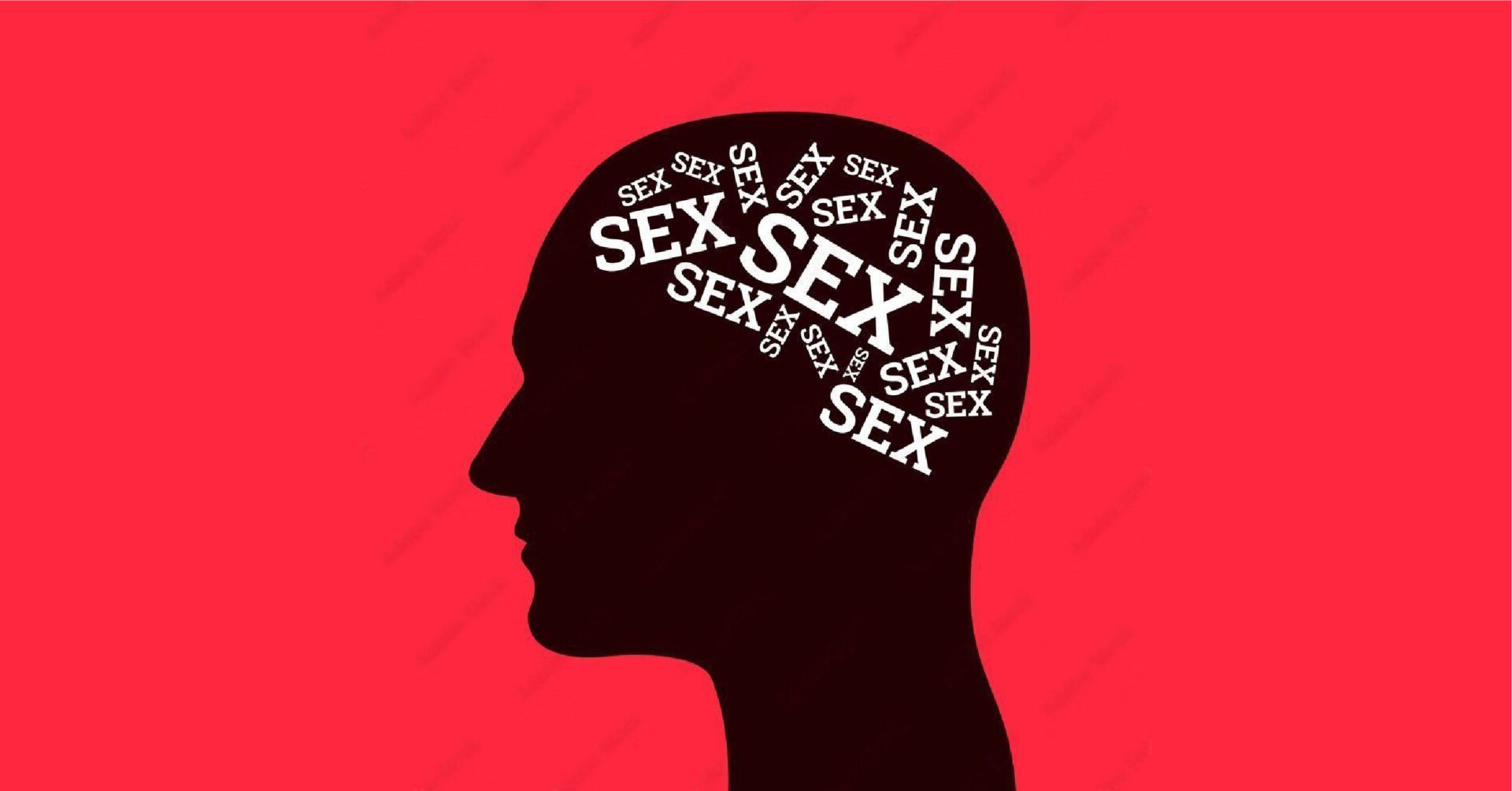Schizophrenia Quiz
A Schizophrenia self-assessment evaluates experiences such as hallucinations, delusions, disorganized thinking, and social withdrawal. It's crucial to consult with a mental health professional if you suspect you may have schizophrenia, as early intervention and proper treatment can improve outcomes and quality of life.


Time is Up!

Time's up
Who can take this quiz?
The Schizophrenia Self-Assessment is designed for individuals who may be experiencing symptoms commonly associated with schizophrenia, such as hallucinations, delusions, or significant changes in behavior, thinking, and emotional expression. It’s also for those who are concerned about their mental health and are looking for clarity on their symptoms.
What purpose does this quiz serve?
This quiz serves as an informational tool to help individuals identify symptoms that may be indicative of schizophrenia. Its purpose is to encourage self-reflection on one’s experiences and to provide insight into whether these experiences align with those commonly reported by individuals with schizophrenia. It aims to motivate individuals to seek professional evaluation and support, offering a preliminary step towards understanding their mental health condition.
What is meant by "Schizophrenia Self-Assessment"?
The name of the quiz indicates that it is a self-administered assessment focusing on identifying the presence of symptoms associated with schizophrenia. “Schizophrenia” specifies the mental health condition the quiz addresses, while “Self-Assessment” implies that the tool is meant for individuals to evaluate their own symptoms and experiences related to this condition.
How does the Schizophrenia Self-Assessment work?
The quiz operates by presenting participants with a series of questions reflecting the key symptoms and experiences associated with schizophrenia, such as hallucinations, delusions, disorganized speech, emotional flatness, and social withdrawal. Users respond based on their personal experiences, typically with “Yes” or “No” answers. The results, based on the number of “Yes” responses, offer an indication of the potential presence of schizophrenia-related symptoms, suggesting that further evaluation by a mental health professional is advisable for a comprehensive assessment and guidance on appropriate treatment options. This process enables users to gain preliminary insights into their symptoms in relation to schizophrenia, emphasizing the importance of professional diagnosis and treatment.
General Frequently Asked Questions
Schizophrenia is a serious mental disorder characterized by distortions in thinking, perception, emotions, language, sense of self, and behavior. Common symptoms include hallucinations, delusions, and impaired thought processes.
Diagnosing schizophrenia involves a comprehensive psychiatric assessment, medical history evaluation, and sometimes, diagnostic tests to rule out other medical causes. It’s diagnosed based on specific criteria, including the presence and duration of symptoms.
Treatment typically includes antipsychotic medications and psychotherapy, such as cognitive behavioral therapy (CBT). Social and family support, along with vocational training, can also be important in treatment.
- National Institute of Mental Health (NIMH): https://www.nimh.nih.gov/health/topics/schizophrenia
- Schizophrenia and Related Disorders Alliance of America (SARDAA): https://sardaa.org/
- Mayo Clinic: https://www.mayoclinic.org/diseases-conditions/schizophrenia/symptoms-causes/syc-20354443
Need a customized plan?
Disclaimer: According to an individual’s case severity, the sessions might vary.


